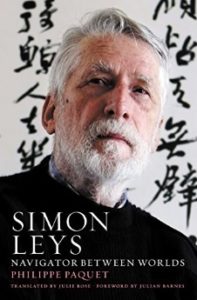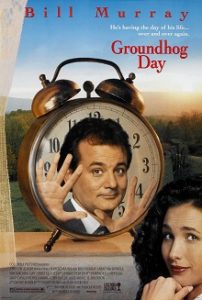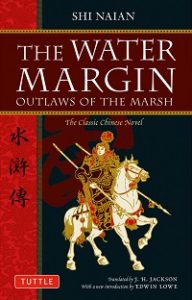 Simon Leys: Navigator between Worlds by Philippe Paquet (translated by Julie Rose), La Trobe University Press, September 18th, 2017
Simon Leys: Navigator between Worlds by Philippe Paquet (translated by Julie Rose), La Trobe University Press, September 18th, 2017
The name of Simon Leys has appeared a couple of times on this blog. The first quoting portions of his fascinating essay on Don Quixote and the second time in reviewing his translation of the Analects of Confucius last month. Since finishing his essay anthology titled The Halls of Uselessness, his only novel The Death of Napoleon and a number of other pieces of writing, I’ve only become more interested in the man behind the pen. His real name being Pierre Ryckmans, a Belgian sinologist and writer — though you could easily add many more titles than these initial two.
I was first introduced to Leys before he died in 2014 by John Derbyshire, one of the few living writers on politics and society who I have followed for a long time (since mid-2008). Leys and Derbyshire share many similarities. They both spent some time in China including Hong Kong and Taiwan and both have Chinese spouses with whom they had children. They are (or were) both successful writers on eclectic topics. Leys writing on China, literature, art, language and the sea. Derbyshire a political commentator who has also written two novels as well as two non-fiction books on mathematics (both the latter, I have yet to read). Derbyshire was pleased to discover that Leys had enjoyed his novel Seeing Calvin Coolidge in a Dream about a Chinese family that had emigrated to the United States. The novel incorporates the protagonists painful experiences during Mao’s Cultural Revolution after encountering an old flame from the old country. Although I have high respect for both, I think Derbyshire would readily agree that Leys edges him out in personal accomplishments though the latter would be very reluctant to accept such praise.




 The Analects of Confucius translated by Simon Leys
The Analects of Confucius translated by Simon Leys